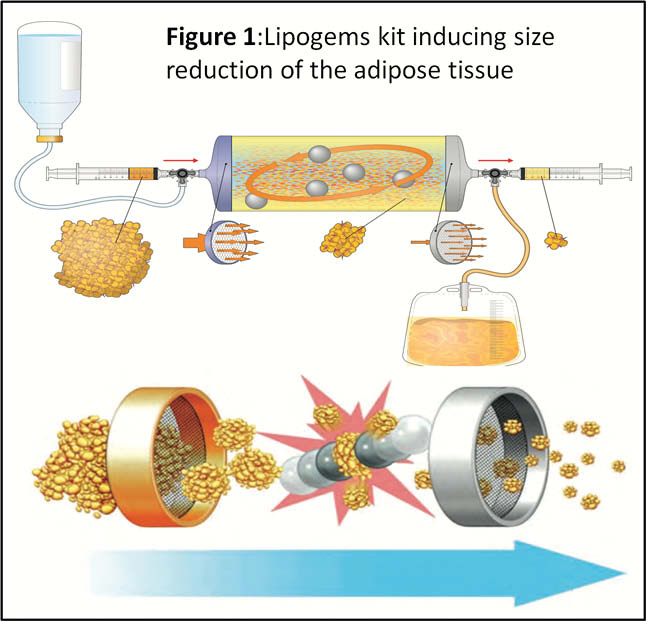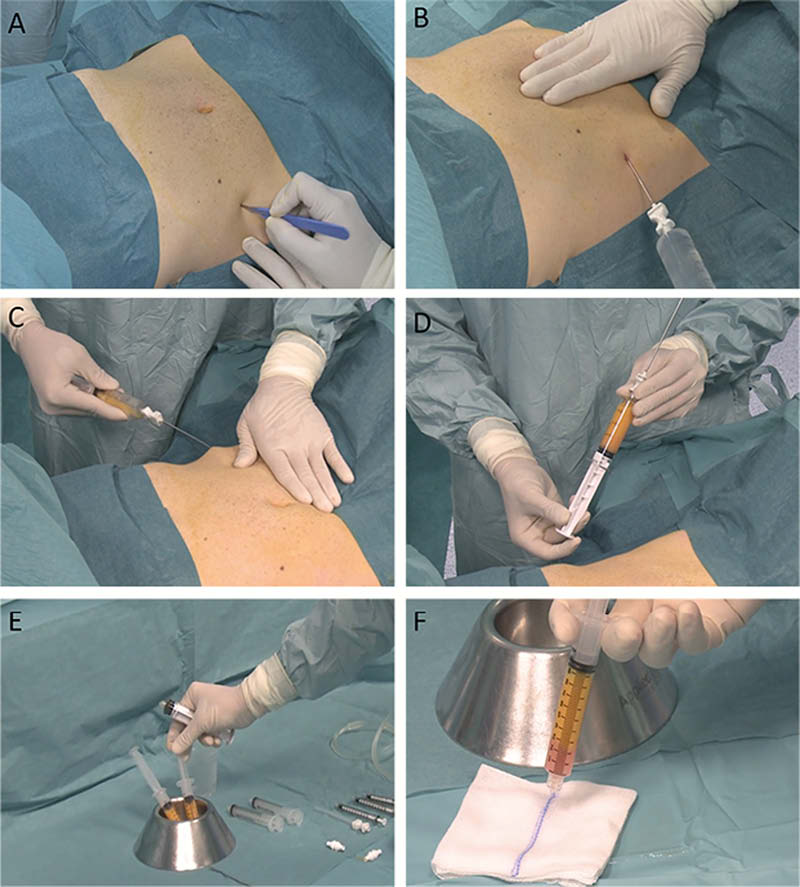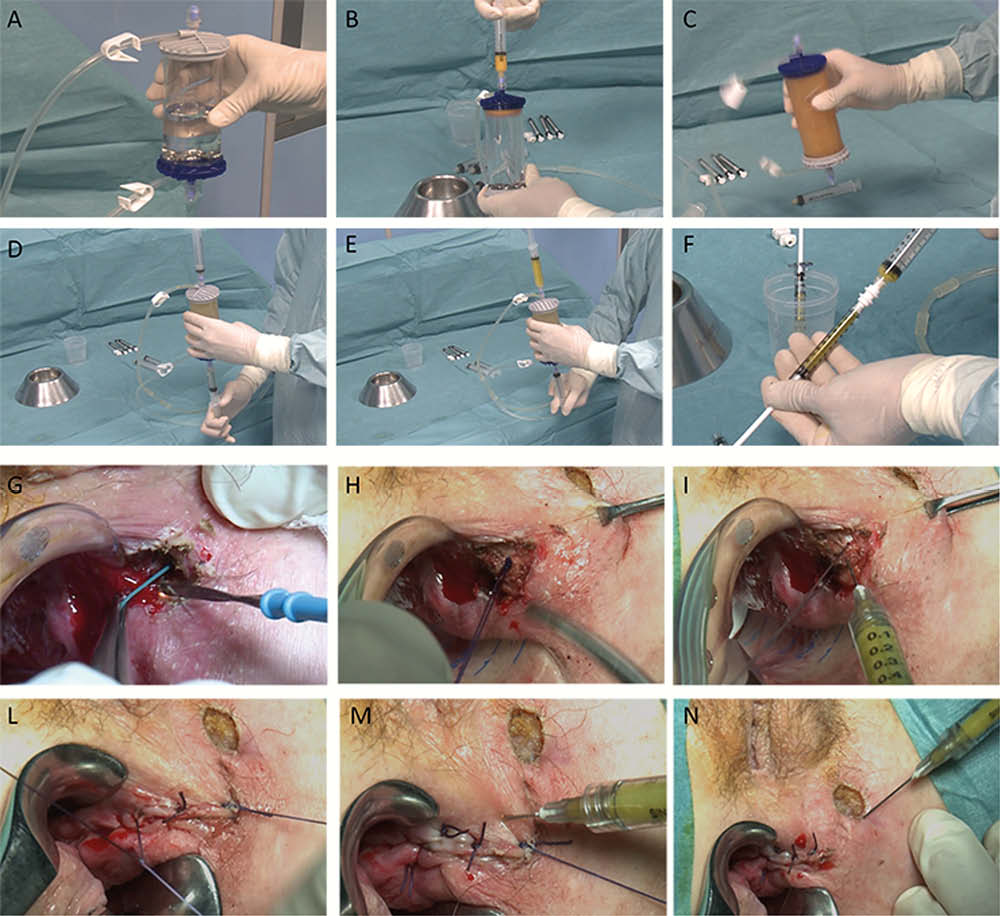P614 Micro-fragmented autologous adipose tissue injection for fistula-in-ano (MAATIFA) in patients with Crohn’s disease: A prospective observational study
A. Sturiale1, B. Fabiani1, D. Cafaro1, C. Menconi1, F. Celedon Porzio1, M. Franceschi2, G. Naldini1
1Proctological and Pelvic Floor Clinical Centre, University Hospital of Pisa, Pisa, Italy, 2Inflammatory Bowel Disease Surgical Unit, University Hospital of Pisa, Pisa, Italy
Background
The use of adipose-derived mesenchymal stem cells showed great regenerative properties. They were used in several surgical fields such as plastic, orthopaedic and colorectal surgery with good results. It was recently published their efficacy to treat Crohn-related anal fistula but they were obtained through a laboratory process with significant costs. The aim of the study is to evaluate the effect of the micro-fragmented autologous adipose tissue injection associated with the advancement flap for the treatment of Crohn-related complex perianal fistula in one surgical step.
Methods
From January 2017 to February 2018 all the patients that fulfil the following criteria were enrolled in the study. Inclusion criteria were Crohn-related complex anal fistula confirmed by pelvic magnetic resonance or 3D-360° transanal ultrasound, fistula drained with a seton from 4 to 6w, first sphincter-saving procedure. The harvested fat from the abdominal wall was processed using the Lipogems® kit (Figure 1). The internal opening was closed through 2/0 PDS stiches with mucosal flap above it. The final product was then injected around the internal opening and fistula tract previously debrided (Figure 2 and 3).



Outcomes were determined at 1-3-6-12 months follow-up assessing success rate, defined as clinical remission without any discharge.
Results
Ten patients underwent the procedure in the time interval between two biologic drug administration (6 infliximab –4 adalimumab). The homogenous follow-up was 12 months with an overall healing rate of 60%. No perioperative or postoperative complications were recorded.
Conclusion
Micro-fragmented autologous adipose tissue injection showed promising results to promote Crohn-related complex anal fistula healing. These good results are probably related to the reduction of inflammation and the activation of a reparative mechanisms.


